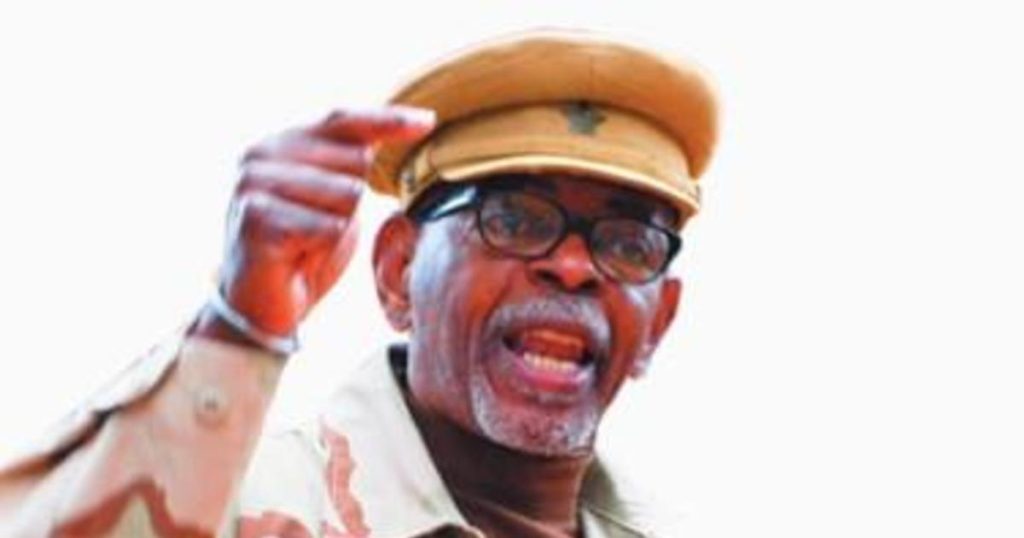The trial in Florida began on Tuesday for four activists accused of acting as Russian agents to sow political discord and interfere in U.S. elections. The defendants, affiliated with the African People’s Socialist Party, are accused of conspiring with the Anti-Globalization Movement of Russia but claim they were not under Russian government control. They face charges of conspiracy to defraud the U.S. and failing to register as agents of a foreign government, with potential sentences of up to 15 years in prison.
The prosecution alleges that the group’s members acted under Russian direction to stage protests in 2016 claiming Black people have been victims of genocide in the U.S. and took other actions over the following six years to benefit Russia, including opposing U.S. policy in the Ukraine war. They are accused of supporting a St. Petersburg City Council candidate in 2019 under Russian supervision and advocating for unity with Russia in its defensive war in Ukraine. Despite these allegations, defense attorneys argue that the group’s actions align with their beliefs of Black empowerment and opposition to colonialism, which they have advocated for over 50 years.
The trial is not addressing Russian interference in the 2016 U.S. Presidential election, according to U.S. District Judge William Jung, who emphasized that the case focuses on the actions of the defendants as alleged Russian agents. Prosecutors claim that the defendants were working to divide Americans and communities, turning neighbor against neighbor at the direction of the Russian government, in furtherance of Russian interests. The defense maintains that the defendants’ actions were in line with their longstanding beliefs and not driven by Russian influence.
Omali Yeshitela, the 82-year-old chairman of the African People’s Socialist Party, Penny Hess, and Jesse Nevel face up to 15 years in prison if convicted of the conspiracy and foreign agent registration charges. The fourth defendant, Augustus Romain, faces a maximum of five years if convicted of failing to register as a foreign agent. The trial is expected to last up to four weeks as both sides present their arguments and evidence to the jury. The case raises questions about potential foreign influence on domestic activism and political movements, highlighting the complexities of navigating global issues within a domestic context.


